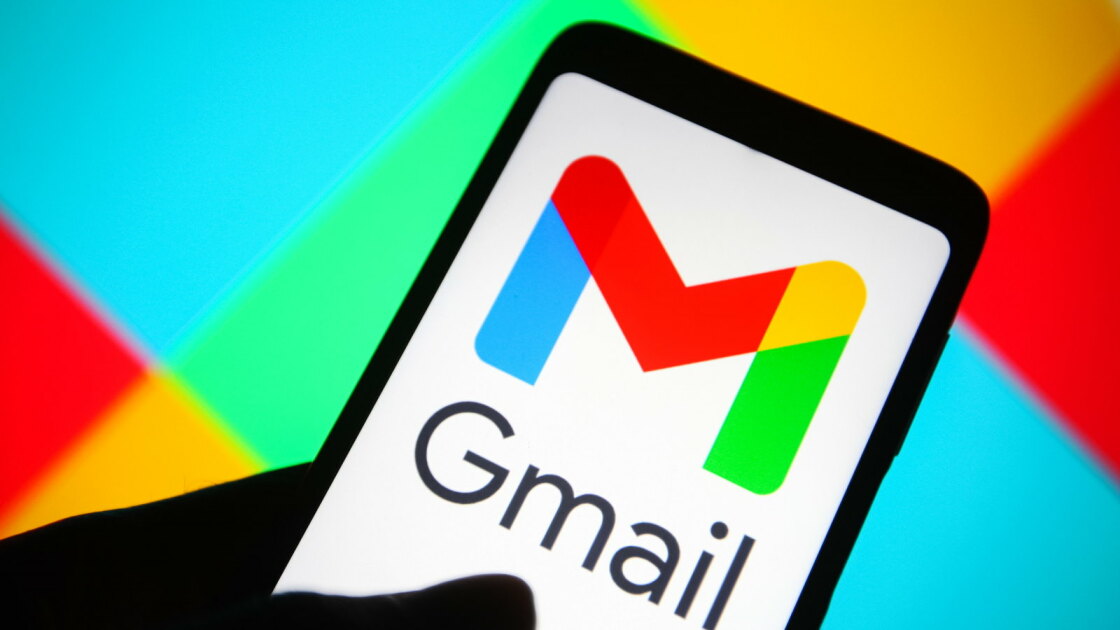In an era when our digital lives are becoming increasingly entangled with our real-world existence, safeguarding our online security is more critical than ever. Google, the world-renowned technology titan, has recently sounded the alarm for millions of Gmail users worldwide about a cunning scam plaguing the internet: fraudsters posing as Gmail’s technical support team to dupe users into sharing sensitive banking information and personal data.
The Anatomy of the Impersonation Scam
Google’s public warning follows an unnerving increase in pop-up messages and fraudulent phone calls aimed at beguiling Gmail users into providing their account credentials or modifying their passwords. Essentially, these nefarious actors leverage the trust users place in Gmail’s name to carry out their insidious plans.
“Be aware of third-party websites or pop-ups that claim to offer technical support for Gmail and other Google products,” Google warned in a statement. “These contacts and their websites have no affiliation to Google and may claim to provide password reset assistance as well as other Gmail-related support services.”

The deception employed by these fraudsters extends beyond merely pretending to have official ties with Google. Alarmingly, they have also been found to solicit payment from users for their so-called “support services” — a gross contradiction to Google’s established norms.
“In addition, these sites may require the submission of payment for their support services,” Google added. “Google does not charge users to recover their account credentials or change their password.”
A Widespread Deception: Beyond Just Pop-Ups
While pop-ups play a prominent role in these sinister activities, Google has underscored that they are not the only method employed by scammers. Increasingly, hackers have been making direct phone calls to users, spinning intricate tales about account hijackings or malware threats to convince victims to share their account information.
“In other cases, these websites may call you and claim that your Google account was hijacked or that your computer has a virus or other malware on it,” Google explained. “Google does not provide phone-based support for Gmail, and these calls are not affiliated with Google.”

These deceitful calls can be compelling, with hackers utilizing manipulative tactics to induce users into revealing their usernames and passwords. Such actions can result in compromised accounts, often leading to unauthorized access or costly unlock fees.
“These contacts may deceive you into providing your username and password (account credentials) which may result in your account being compromised and ‘unlocked’ for a fee,” Google pointed out. “Do not provide your account credentials to anyone purporting to be from Google.”
Equipping Users: Red Flags and Golden Rules
While the ongoing scam is undoubtedly disconcerting, Google has not left users without guidance. The tech giant has shared telltale red flags to spot and the so-called “golden rules” to adhere to when confronted with potentially deceptive emails or calls claiming to be from Google.
“Slow it down — scams are often designed to create a sense of urgency. Take time to ask questions and think it through,” Google advises. “Spot check — do your research to double-check the details you are getting. Does what they’re telling you make sense? Stop. Don’t send — no reputable person or agency will ever demand payment or your personal information on the spot.”
The “slow it down” approach emphasizes mindfulness and caution in response to unexpected communication that stirs a sense of urgency. It is this urgency that most scammers rely on, forcing users into hasty decisions without proper scrutiny. Users can better guard themselves against such exploits by pausing to think and ask questions.
The “spot check” rule encourages proactive verification of any information provided during these communications. It is a reminder to cross-check and research, providing a safety net against deception. It is likely a scam if something doesn’t add up or seem logical.
Lastly, the “stop, don’t send” rule is a powerful deterrent against immediate compliance with requests for payments or personal information. It emphasizes that no legitimate entity will demand immediate payment or sensitive data on the spot, making this a clear red flag for scams.
Navigating a Digital World: Staying Safe Amid Scams
Understanding and staying alert to potential threats becomes paramount as we continue to engage more deeply with the digital world. Remember that impersonation scams prey on the trust we place in familiar brands. Google’s alert is a stark reminder that even the most vigilant of us can be targeted.
Awareness, skepticism, and adherence to the golden rules of internet safety are our best defenses in an increasingly interconnected digital landscape. In a world full of scams, we can only keep one step ahead by taking personal responsibility for our online security and by remembering that when in doubt, it’s always best to reach out directly to official channels for support.
Source: 7News









